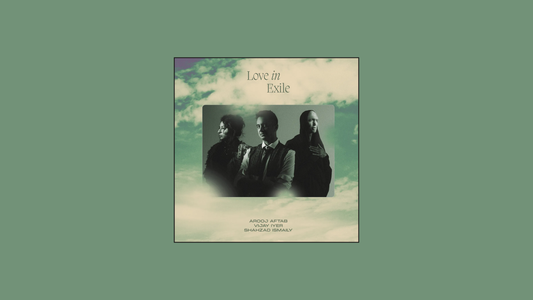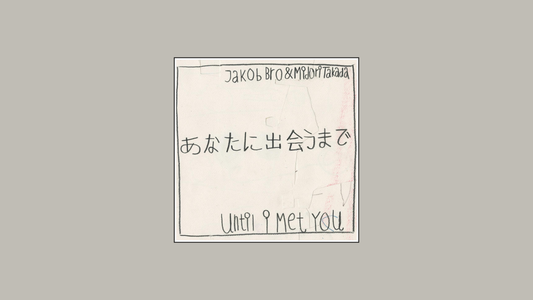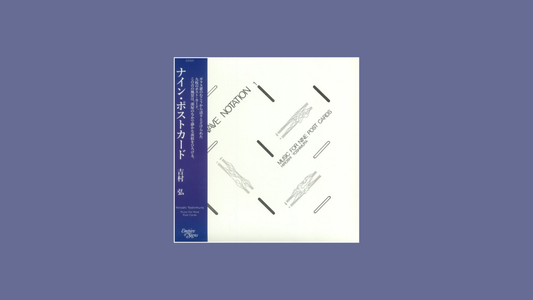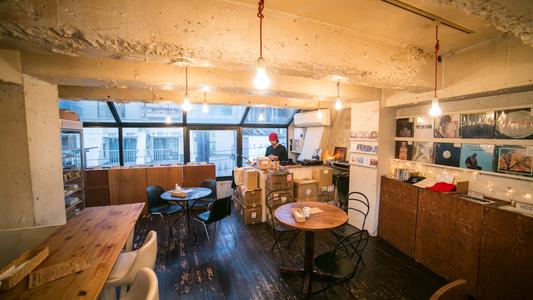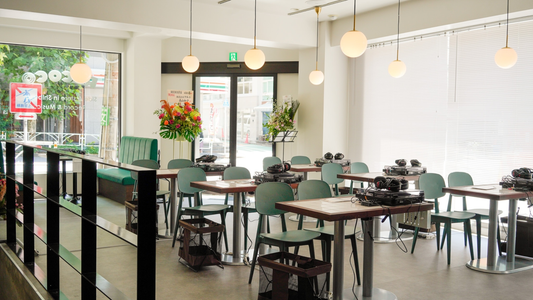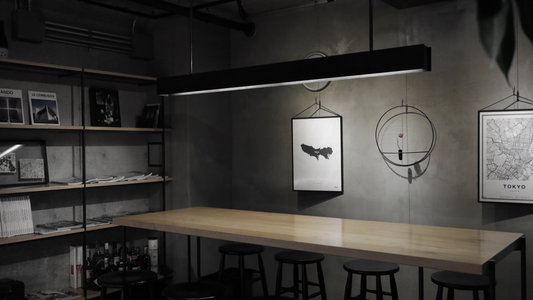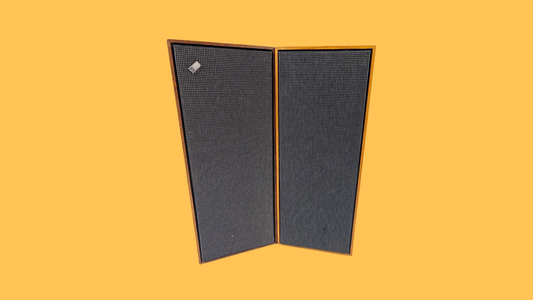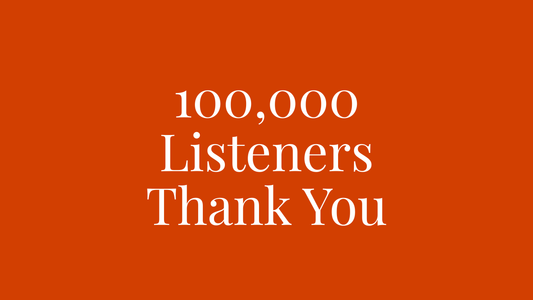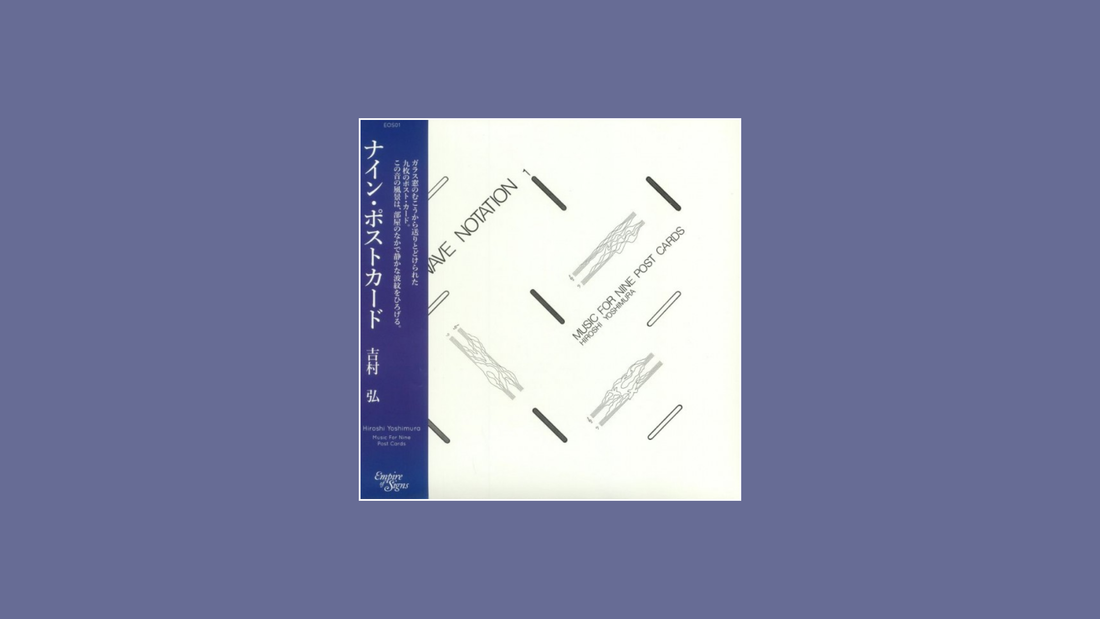
Hiroshi Yoshimura – Music for Nine Post Cards (1982)
By Rafi Mercer
It began, as most listening moments do, by accident. I was half-awake one morning when a melody drifted through the air — soft, patient, impossibly light. It seemed to come not from the speaker but from the room itself. The sound was clean as glass, each note dissolving into the next like breath on a window. Later I discovered it was “Blink,” the opening track from Music for Nine Post Cards by Hiroshi Yoshimura — and that discovery quietly rearranged how I think about listening.
Yoshimura recorded the album in 1982, using a simple keyboard setup and a sensitivity that feels almost supernatural. He called these pieces “postcards” because that’s what they are — small observations, fragments of feeling mailed from one moment to another. Each track is a scene rendered in sound: clouds drifting past buildings, rain tracing glass, light moving through a museum window. There’s no drama, no climax, just the kind of beauty that hides inside the ordinary.
Listening to it now, you realise how rare restraint has become. Every chord is held just long enough to fade naturally. The pauses are as meaningful as the notes. It isn’t ambient in the sense of background music; it’s ambient in the sense of presence. The album doesn’t decorate silence — it teaches you how to hear it.
“Blink” remains the key for me. Its melody repeats, barely shifting, but with each loop your perception adjusts. The longer you listen, the more the music seems to listen back. Then “Urban Snow” arrives, cool and weightless, like watching light fall on concrete. “View From My Window” could play forever — it feels less like composition and more like weather.
What makes Yoshimura’s work astonishing is its humility. He doesn’t impose meaning; he offers perspective. His compositions behave the way nature does — quietly, patiently, with purpose that never announces itself. You find yourself slowing down to meet it. Through a good pair of speakers, the tone is intimate but wide, the keyboard soft but exact. Every note feels touched by hand.
It’s music that works as architecture. The space around the sound becomes part of the piece — the hum of your room, the breath between phrases, the faint vibration of air. In that sense, Music for Nine Post Cards isn’t an album you listen to; it’s an environment you enter.
There’s an emotional thread running through it too, though Yoshimura never tells you what to feel. The calm isn’t empty; it’s full of patience. The melancholy isn’t sadness; it’s understanding. That’s what makes it such a profound listening album — it creates stillness without removing movement.
When the record ends, you notice the quiet differently. Everyday sound — footsteps, birds, the low hum of a fridge — suddenly has depth. It’s as if the album tuned your attention rather than entertained it. You sit there for a moment, not rushing to fill the silence, just aware that the world hums in key.
I sometimes think Yoshimura wrote this music not for audiences, but for rooms. Yet listening to it today, on headphones, in a bar, or alone at dawn, it still finds you. It’s timeless not because it resists change, but because it welcomes it. Each playback becomes a new postcard — sent, received, and quietly remembered.
That’s what true ambient music does. It doesn’t demand. It remains.
Rafi Mercer writes about the spaces where music matters.
For more stories from Tracks & Tales, subscribe, or click here to read more.
